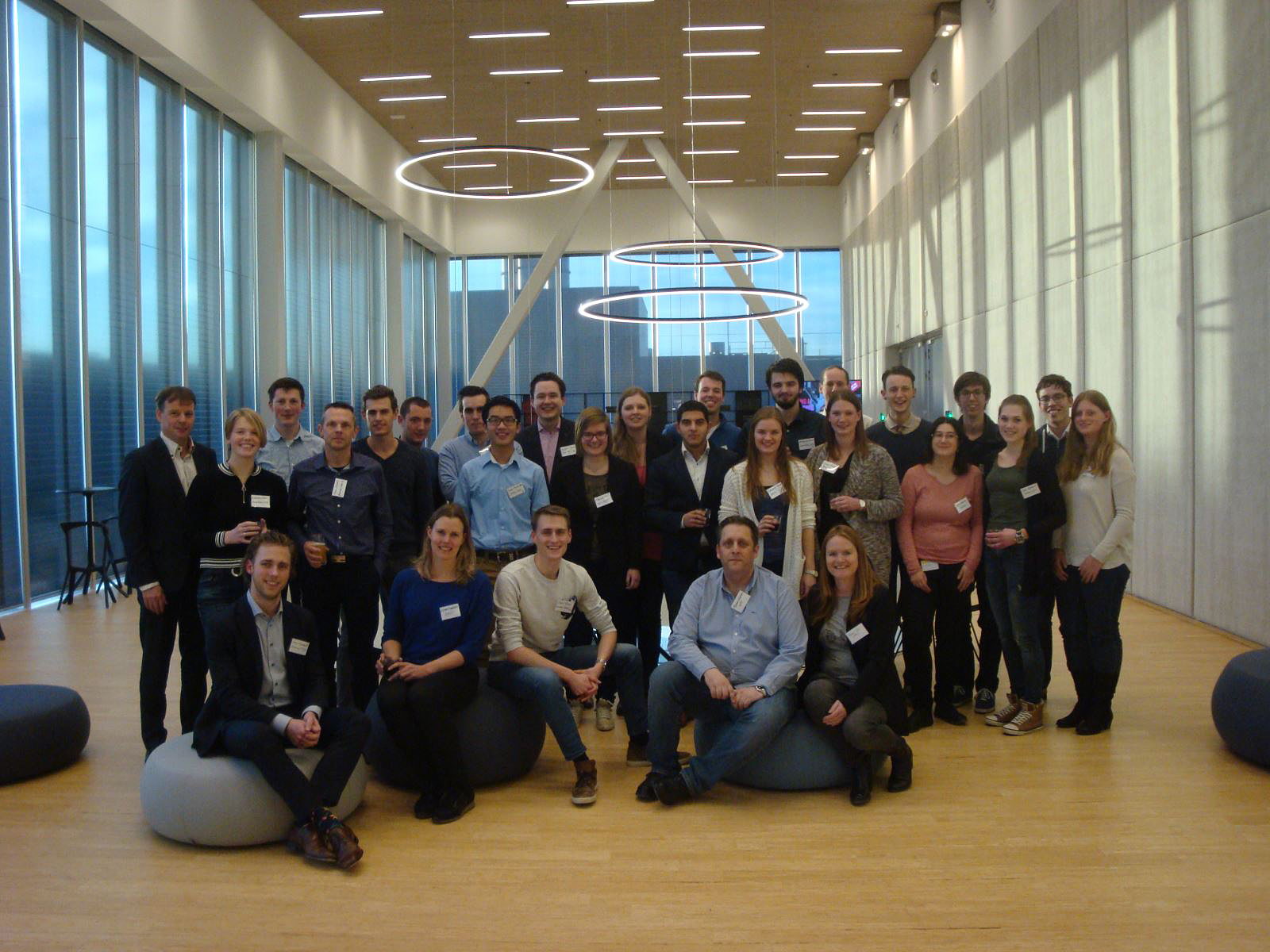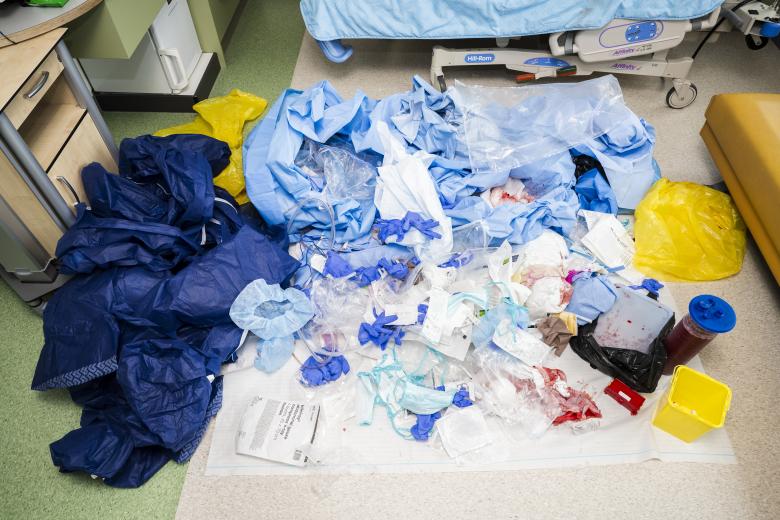VNCI scholarship students contribute ideas for pilot plants on Chemelot
On Friday the 20th of January, the 25 top students with a VNCI scholarship partook in an elaborate meet and greet on the Brightlands Chemelot campus. The day was dedicated to the use and development of the pilot plants for the Chemical industry.
Together with representatives from five VNCI companies and led by Maastricht University, where the Master Biobased Materials was launched two years ago, students visited InSciTe’s pilot plant facilities. After that, they took part in a ‘challenge’ about pilot plants and the developments for the future. It was an inspiring day in which the importance of chemical pilot plants for the upscaling of new, mainly biobased processes was emphasized. Both the improvement of simulation software and intensifying the public-private collaborations to spread the financial risks of upscaling were defined as key success factors.

About the top sector Sciences scholarship
The top sector sciences scholarship started in 2011 and is an initiative by the ‘Top sector for Sciences’. Over the past years the top sector Sciences scholarship program has successfully grown to the point of being able to grant over 50 scholarships for HBO and University sciences students. The sciences scholarships were created to stimulate more students to choose a career in chemistry or chemical technology and to increase the flow of certified chemists to the industry. Top sector science scholarships are awarded via the VNCI and the TI-COAST; there is also a talent program via ISPT.
Also read
-
Harm Askes: “Helping people excel, no need for showmanship.”
Harm Askes, the new vice-dean of FSE “Let’s continue building a faculty where talent shines: no ego, just impact, collaboration, and curiosity."

-
DigiMach: Digital Transformation of the Machining Value Chain for Sustainable Growth
DigiMach is a transnational 3-year collaborative approach that will transform manufacturing across the Meuse-Rhine region by bringing AI, IoT, and robotics to small and medium-sized enterprises in the machining sector. The project will assist more than 150 SMEs to adopt smart, digital tools, through...

-
Hospital plastic gets a second life: €3 million grant opens door to greater circularity in healthcare
What began as a local pilot in the operating theatres of Zuyderland Medical Centre has now grown into a European initiative with global potential. The mission: to stop burning clean plastic in hospital waste and instead recycle it into high-quality materials for reuse in medical applications.
